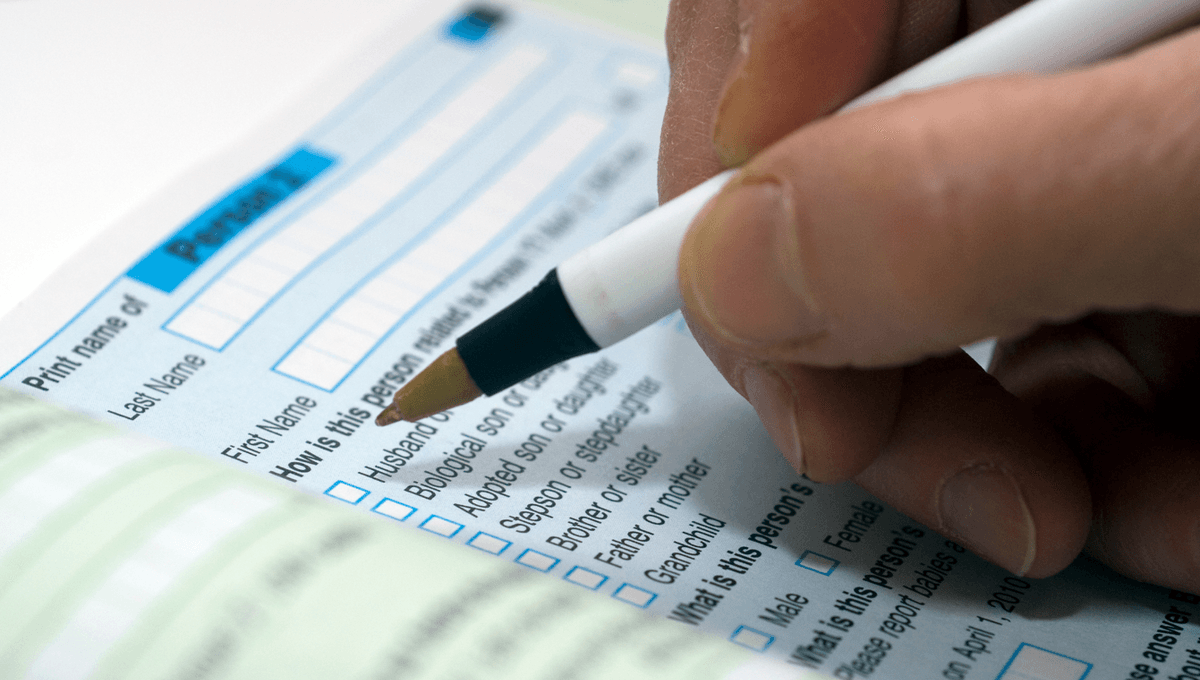
For the first time since 1997, the US Census is changing the way it categorizes people by race and ethnicity. The next national census in 2030 will include a category for people who identify as “Middle Eastern or North African”.
The move, announced by the White House last week, was made in light of a Working Group’s recommendations that they claim have been “thoroughly researched and tested over the last decade.”
The new category will be added alongside the existing primary categories of race and ethnicity measured by the US Census: “American Indian or Alaska Native,” “Asian,” “Black or African American,” “Hispanic or Latino,” “Native Hawaiian or Pacific Islander,” and “White.” There is also the broad – and arguably unhelpful – category of “Some Other Race.”
These so-called “minimum categories” can be further broken down into multiracial combinations or more specific groups. For example, Asian people can also indicate their identity as “Asian Indian,” “Chinese,” “Filipino,” “Korean,” “Japanese,” “Vietnamese,” or “Other Asian” and provide other detailed responses such as Pakistani, Cambodian, Hmong, Thai, Bengali, etc.
Why is the US Census making the change?
The change attempts to address some of the confusion and “invisibility” felt by some people of Middle Eastern or North African heritage when filling out the US Census. For instance, would a person who identifies as Somali tick the “Black or African American” box or “Some Other Race”?
The new category also aims to gather sturdier data by providing people with more refined options. However, some groups believe it doesn’t go far enough as it doesn’t fully reflect the diversity of people from North Africa and the Middle East.
“Though we strongly welcome and support the collection of more granular data, the signaling to respondents in the check boxes and write-in examples, unnecessarily prescribed by OMB [Office of Management and Budget] without sufficient testing, regrettably do not take into account the racial and geographic diversity of MENA [Middle Eastern or North African] communities here in America, including its members from the Black diaspora community, who will most assuredly be undercounted under the new Standards,” Maya Berry, the executive director of the Arab American Institute, said in a statement.
“We’ve operated without a checkbox for decades, we will now adjust to having a checkbox that does not accurately represent us and keep pushing for the accurate data we must have,” Berry explained.
Concepts of race and ethnicity are always changing
There have been 23 federal censuses in the US since the first took place after the American Revolution in 1790. Throughout its history, the US Census has changed the way it gathers data on different demographics, especially race.
The first census in 1790 had only three racial categories: free whites, all other free persons, and slaves – a stark reflection of America’s intertwined history with the Atlantic slave trade. In 1850, they added the category of “Mulatto”, an outdated term used to refer to people of mixed African and European ancestry.
It’s also worth noting that other countries in the world have different classifications and census options for race and ethnicity that reflect their own cultures, worldviews, and historical contexts. France, Germany, and several other European countries do not collect any census data on race or ethnicity. In fact, it’s illegal to collect any data on ethnicity in France, except in very special circumstances.
Source Link: The Next US Census In 2030 Will Change How It Categorizes Race And Ethnicity